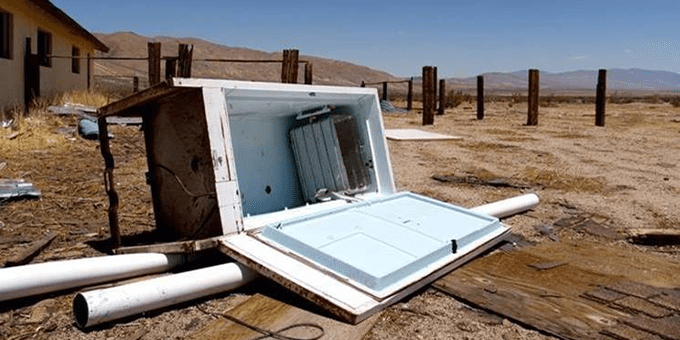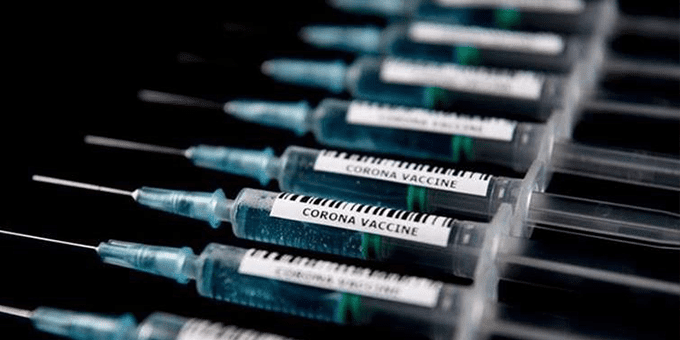Boosting climate finance for developing and climate-vulnerable countries is a key part of fulfilling the Paris Agreement. New Zealand should double its climate finance to get closer to doing its fair share towards the USD 100 billion goal.
New Zealand’s funding of climate action overseas is crucial to supporting our neighbours in the Pacific and beyond to adapt to the escalating impacts of climate breakdown and transition to a clean energy future.
Sign the Bighearts petition, calling for a boost to New Zealand’s overseas aid and climate action here









